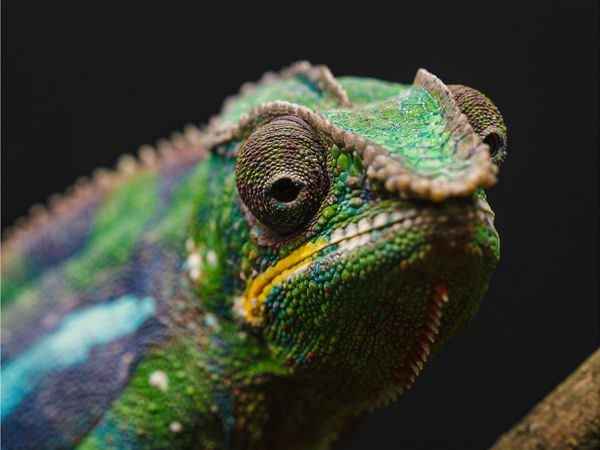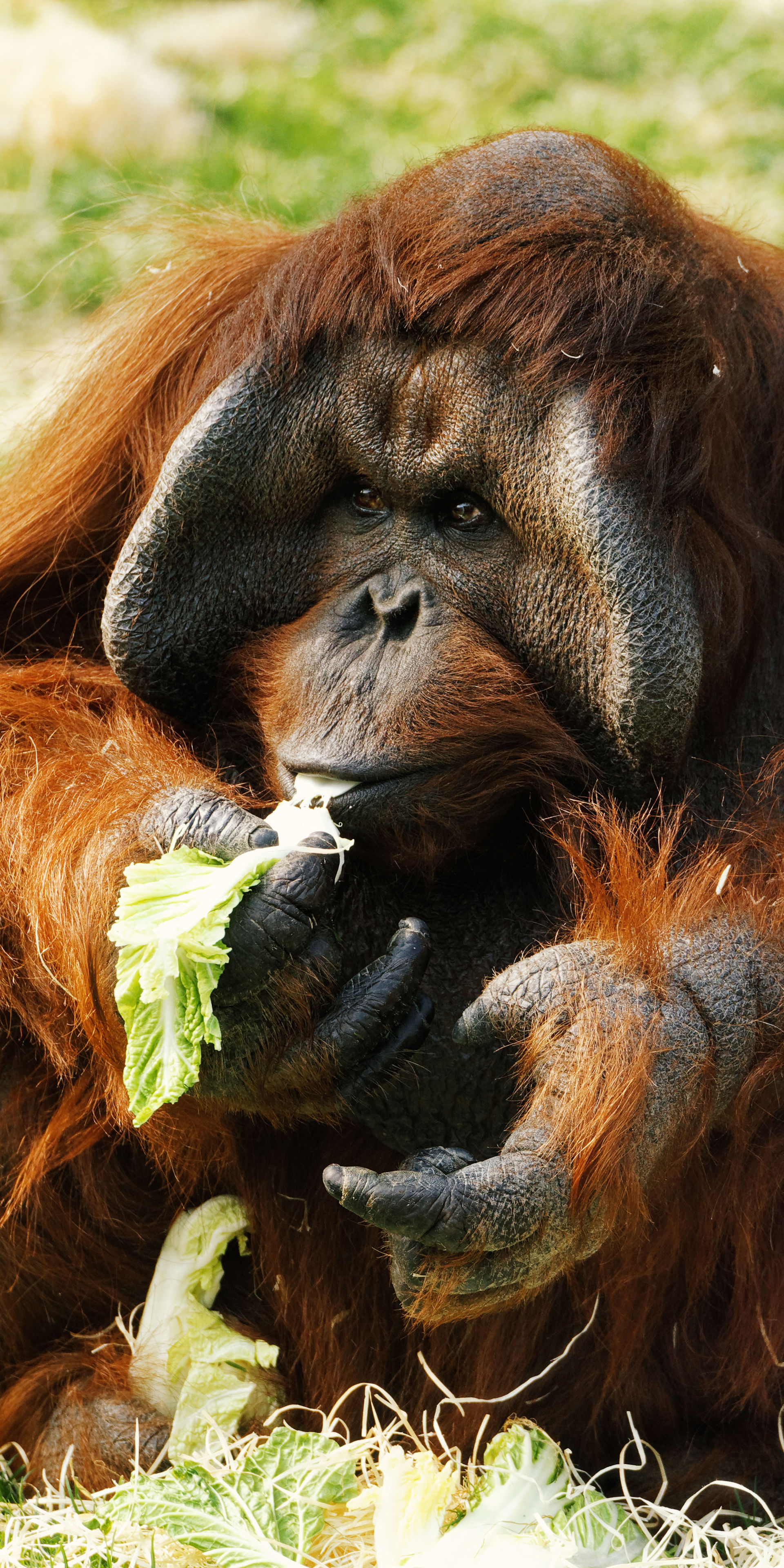
FIGHTING EXTINCTION
We're fighting the global extinction crisis, and protecting species around the world, from the heart of the UK.
Conservation
TOGETHER WE CAN CHANGE THE OUTCOME
One million animal and plant species are on the brink of extinction and the global climate is changing due to human activities. The need for action is greater than ever.
As an organisation led by science, research and education we have developed a six goal strategy that will maximise our impact in the fight against extinction.
Twycross Zoo's future activity will be guided by these conservation goals, to ensure we are using our resource efficiently to preserve species across the world.
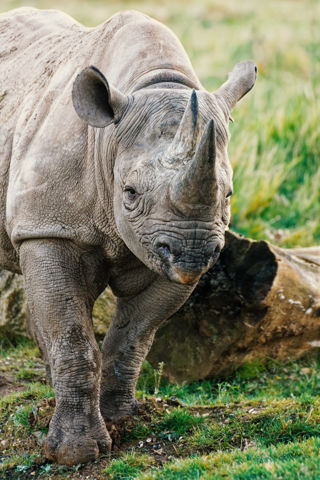
SUPPORTING EX-SITU POPULATIONS
Support the maintenance of healthy ex-situ populations of managed species, with a focus on threatened primates and species with a conservation breeding role.
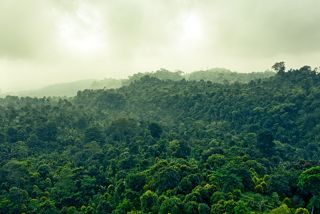
PROTECTING WILD SPECIES & HABITATS
Building conservation resources and capacity at Twycross Zoo and in animal range countries to support the preservation of wild populations and their habitats.
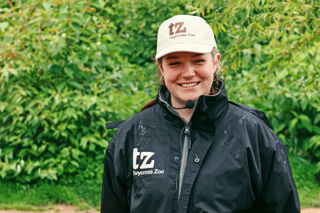
INSPIRING POSITIVE CHANGE FOR WILDLIFE
Deliver conservation education to promote positive behaviour change for wildlife conservation.

ENHANCING THE VALUE OF ZOOS FOR NATURE & SOCIETY
Enhance the value of zoos for society and wildlife conservation by action, and through influencing relevant regional and national policy.
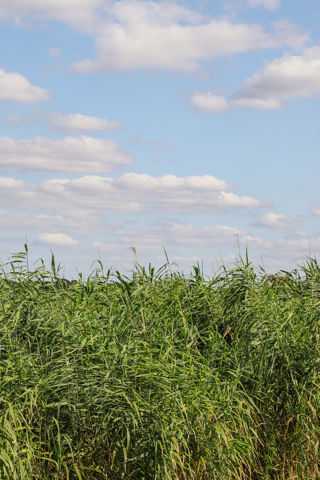
CARING FOR OUR UK ECOSYSTEMS
Conserve UK native wildlife and habitats at Twycross Zoo and beyond, as well as, supporting key UK environmental initiatives.
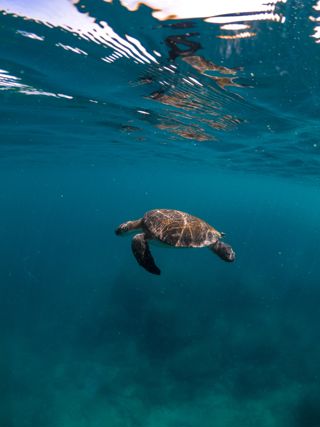
BECOMING ENVIRONMENTALLY SUSTAINABLE
Become a sustainable organisation and minimise our contribution to global climate change.
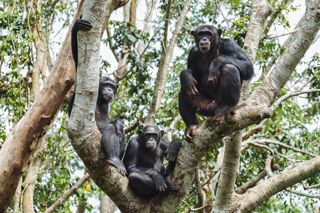
OUR GLOBAL PARTNERS
We can't save endangered species by ourselves.
Thanks to your support of Twycross Zoo, in the last 10 years we've been able to contribute over £450,000 towards the work of global conservation organisations.
Collaborative working has been key to Twycross Zoo's success and right now, we're working with a collective of amazing organisations around the globe on research, training, education & animal rehabilitation projects.
UNDERSTANDING OUR WORK
Saving species from extinction is not an easy task and requires collective effort. Around the globe, there are lots of programmes, research projects and scientific studies which support the maintenance of healthy wildlife populations. The definitions below can help you understand our work more and learn more about the impact your zoo visit has on a global scale.
-
![]()
LATEST CONSERVATION NEWS
Read the latest news of our conservation work in the UK and across the world
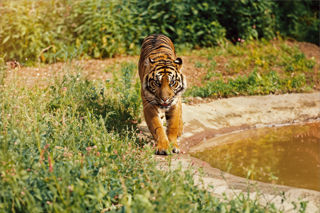
Support our mission
Thank you... We wouldn't have got this far without you. Every visit, membership, donation and purchase helps to fund us as a registered conservation charity.
